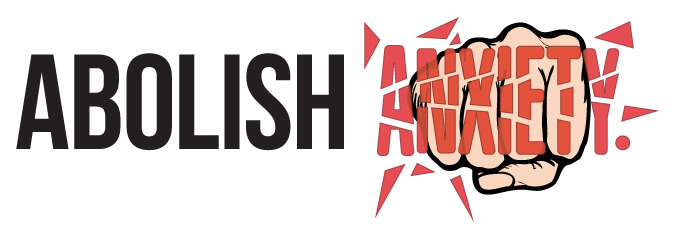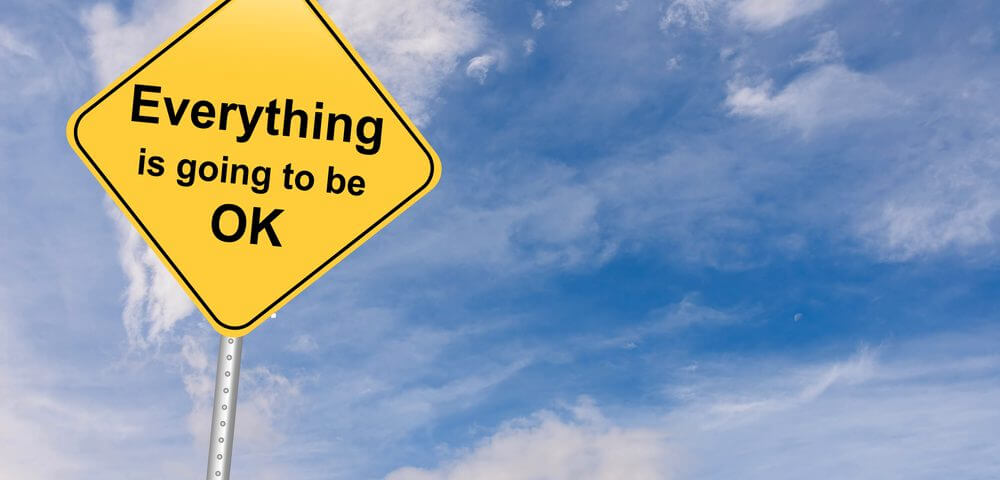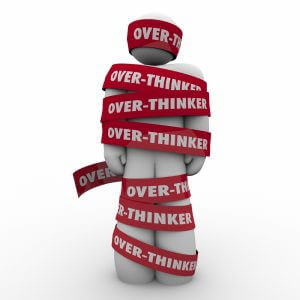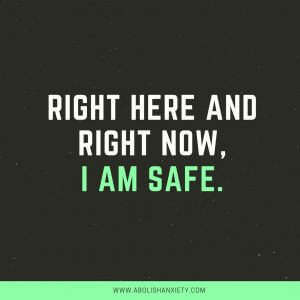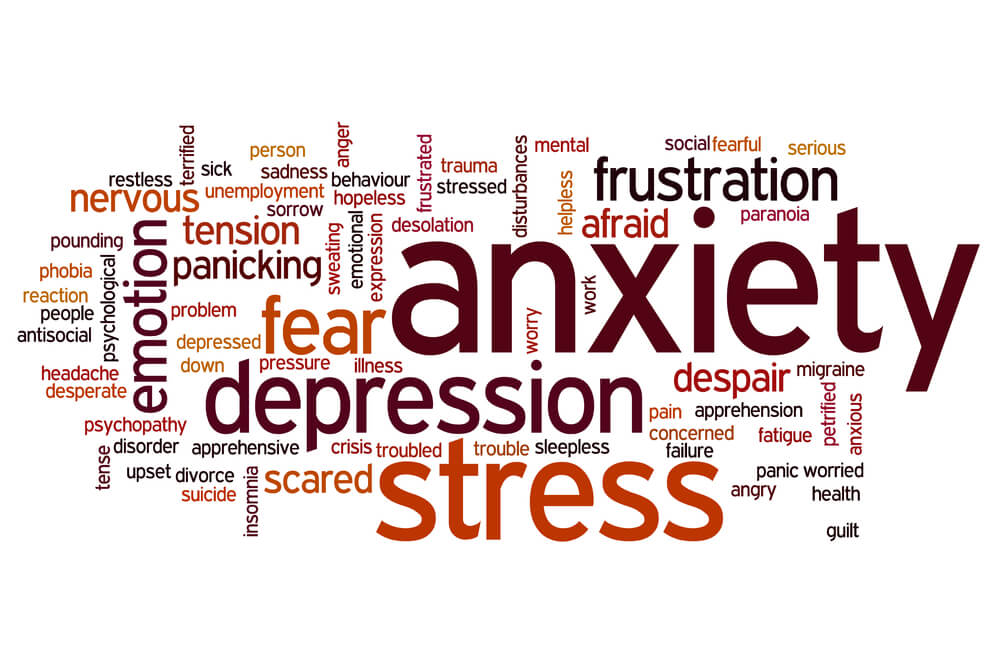
Get Help For Anxiety and Stress – Cambridge News
January 23, 2017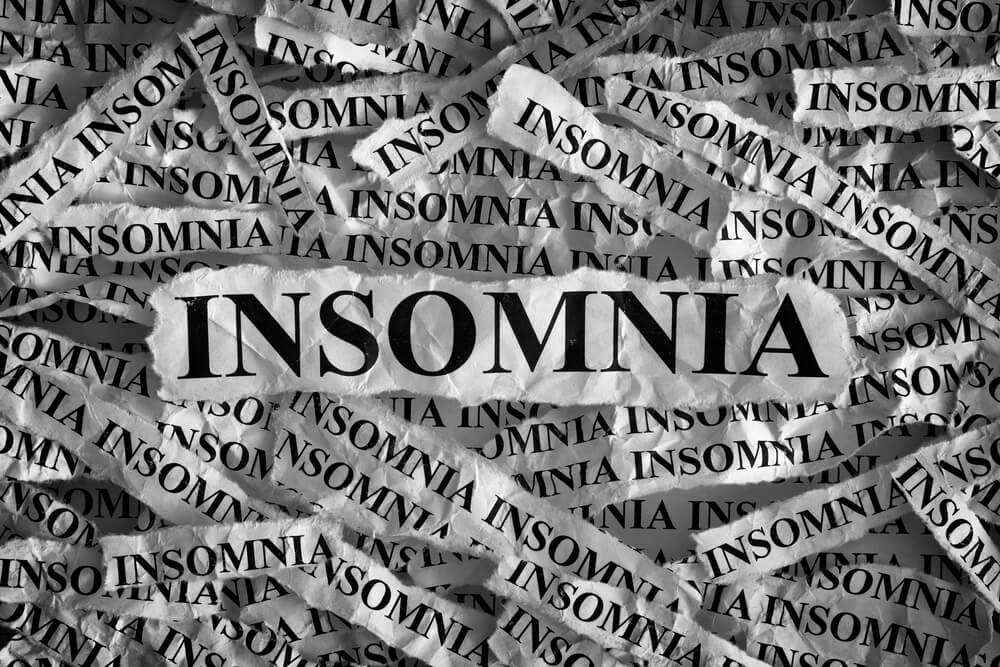
Insomnia and Anxiety – How to Sleep Better
February 5, 2017Mindfulness Helps Anxiety and Stress:
A new study has found that mindfulness can help reduce anxiety and stress which is of course great news to those of us who specialise in the anxiety management field.
Because as we know, it isn’t just about time management or eating healthier when it comes to conquering stress and anxiety. What you really need is to learn how to be in control over thoughts, feelings and reactions.
After all, there will always be stuff to do and a never ending cycle of commitments, demands and responsibilities. So learning mental resilience and strength is always going to be the wining strategy (and even better than just mindfulness is incorporating it with hypnosis so you can direct your mind to achieve the outcomes you want in your life).
So how can you easily incorporate the most useful elements of mindfulness into your anxiety and stress busting toolkit?
Mindfulness For Anxiety & Stress
Many people tell me that they find applying mindfulness to be difficult as they can’t think about nothing and so they soon give up. Yet you can take the best elements of mindfulness to really help with anxiety and stress easily.
When you struggle with anxiety, worry and stress it is very easily for all those feelings to drive your imagination and thoughts into all sorts of future scenarios. You may run through all the worst case possibilities, imagine things going badly or worry about what if this happens or what if that happens.
And the more you run that anxious feelings leading to anxious thoughts leading to even more anxious feelings loop, the more habitual and ingrained it becomes and the more stuck you feel.
So it makes sense to bring your awareness back to the here and now doesn’t it?
Applied Mindfulness
So here are three simple yet powerful mindfulness based techniques to help stem that tide of anxious and stressful overthinking and which will help you put yourself back in control of your thinking:
1) Do this breathing: One awesome way to come back to the here and now is to pay attention to your breathing. I’m a huge fan of 7/11 breathing because it works so consistently well. So start by doing that (breathe in for a count of 7 and out for 11 so that the out breath is longer).
This will get your relaxation response working and naturally help you feel calmer.
Then put your hands on your belly and make sure your stomach is inflating like a balloon as you breathe in and deflating as you breath out. Then, for as long as you wish, just pay attention to your breathing, almost as if you were watching someone else breathing. You can enhance the effect by imagining you are breathing in calmness and breathing out tension.
2) Be in the now: When you bring your focus and attention back to the present moment then it is virtually impossible to run old patterns of stress and anxiety.
Take a few moments and become more aware of the here and now by saying sentences that start with the words ‘now’ or ‘at this moment’ and keep your focus on the present. So for example you may tell yourself that ‘right here and now I am safe’ or ‘at this moment I can feel my feet on the floor and the backs of my legs on the chair’ and so forth.
Rather than getting lost in a myriad of possible future situations and unwelcome possibilities, practice bringing rewinding your focus back to this very moment.
3) Three, two, one: If you are old enough to remember Ted Rogers and Dusty Bin then this one should be easy to remember!
To shift your focus back to the now you can do this: first, notice three specific things you can see in your environment and describe them to yourself. Then do the same with three sounds you can currently hear and three sensations you can feel (such as the shirt on your back). Then repeat with two different for each and then one of each. Keep repeating the 3-2-1- pattern and you will be much more centered in the present moment.
Experiment with all three of these mindfulness based strategies consistently over the next couple of weeks. And notice that rather than getting lost in thoughts about what might happen, you can feel calmer and more in control in the present moment.
To your success,
Dan Regan
Anxiety & Stress Management Expert
